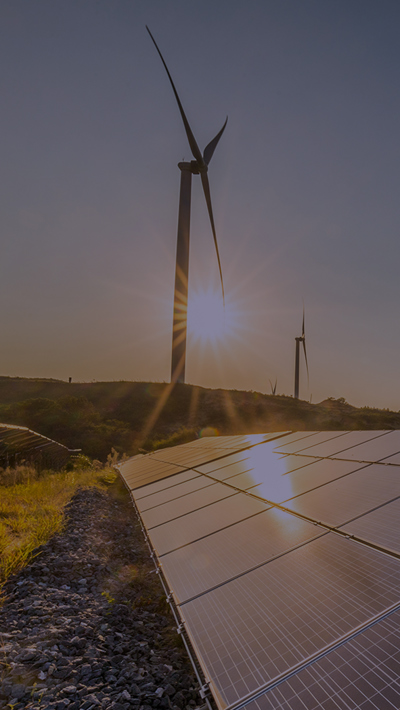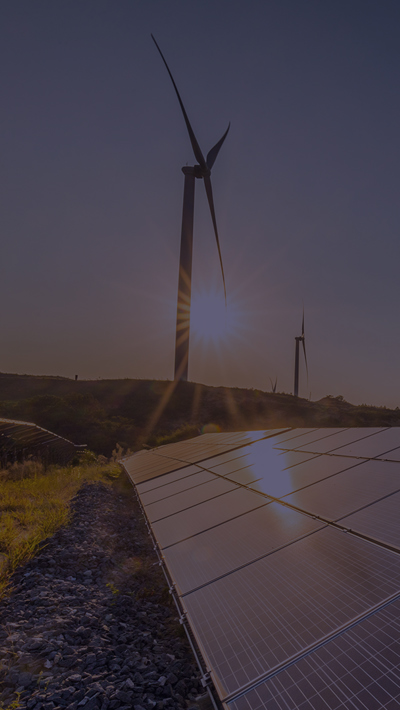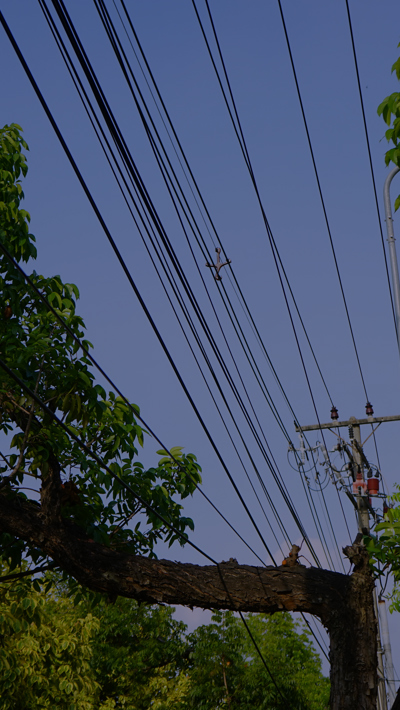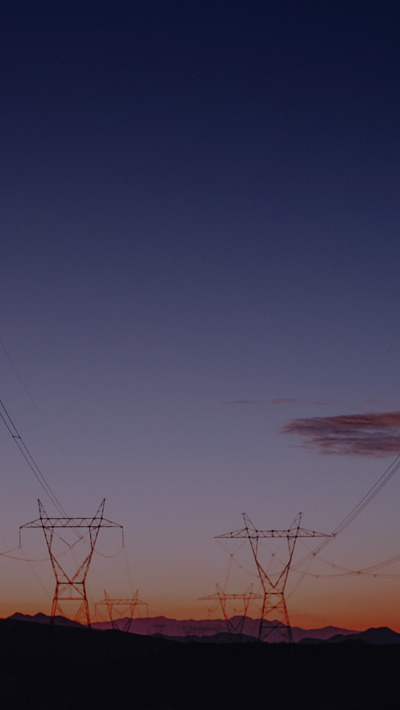Power purchase agreements (PPAs) for renewable energy projects are becoming increasingly popular in New Zealand as a tool to secure upfront funding.
A PPA is a contract between an electricity generator and purchaser, generally at a discounted rate, and for a long-term. This can provide developers and investors with revenue certainty, and purchasers with price certainty, for the duration of the PPA.
Under a “sleeved” PPA, an intermediary party – typically, an electricity retailer – is appointed to manage the transaction, taking the generated electricity and passing it on (“sleeving” it) to a buyer, usually a corporate.
The PPA is a win-win-win as it:
- Removes a significant roadblock to financing and constructing wind or solar farms;
- Provides the purchasing party (also known as the offtaker) with access to cheaper, certifiable, renewable electricity offtake; and
- Enables participating corporates to satisfy their sustainability commitments.
The New Zealand market context
All electricity generated in New Zealand, other than from plants of 10MW or less, must be sold to the wholesale market via the clearing manager, to supply the transmission system (known as ‘the grid’). It cannot be sold directly to an electricity retailer or consumer.
For this reason, PPAs in New Zealand tend to be “virtual” or take the form of electricity derivatives known as a “contract for difference”. They notionally sell electricity to a purchaser at a fixed price, or make settlements based on the difference between an agreed price and the spot price, for a particular grid exit point.
The advantages of sleeving over a traditional PPA
The four principal advantages of the sleeving option are:
- Corporates can support new renewable energy production without being exposed to the full development risk;
- Developers can reduce their reliance on costly credit support by contracting with an industry-savvy intermediary that understands, and is willing to share in, certain development risks;
- More than one offtaker can participate in, and purchase electricity from, a renewable energy project; and
- A participating corporate can have its electricity needs supplemented by the intermediary retailer from other generation sources if required.
The risks of sleeving against a traditional PPA
- Corporates do not contract directly with the developer and therefore have no direct course of action against the developer if the construction of the project does not proceed as expected.
- There is no clear precedent in New Zealand on the extent to which sleeved PPA’s are ‘bankable’ for project finance (i.e. that lenders will lend against the PPA with recourse to the project assets), and on what terms.
- There is a risk to corporates if the intermediary becomes insolvent, although this risk is minimal where the intermediary is a reputable retailer.
Where to from here?
The New Zealand PPA market is still developing when compared to jurisdictions like the UK or Australia. We expect it will continue to grow and that both traditional and sleeved PPA opportunities will become more commonly available.

















